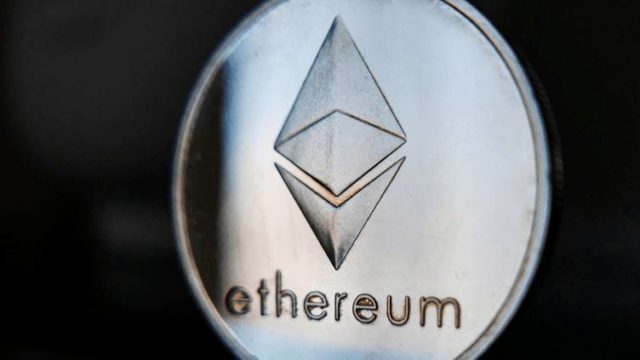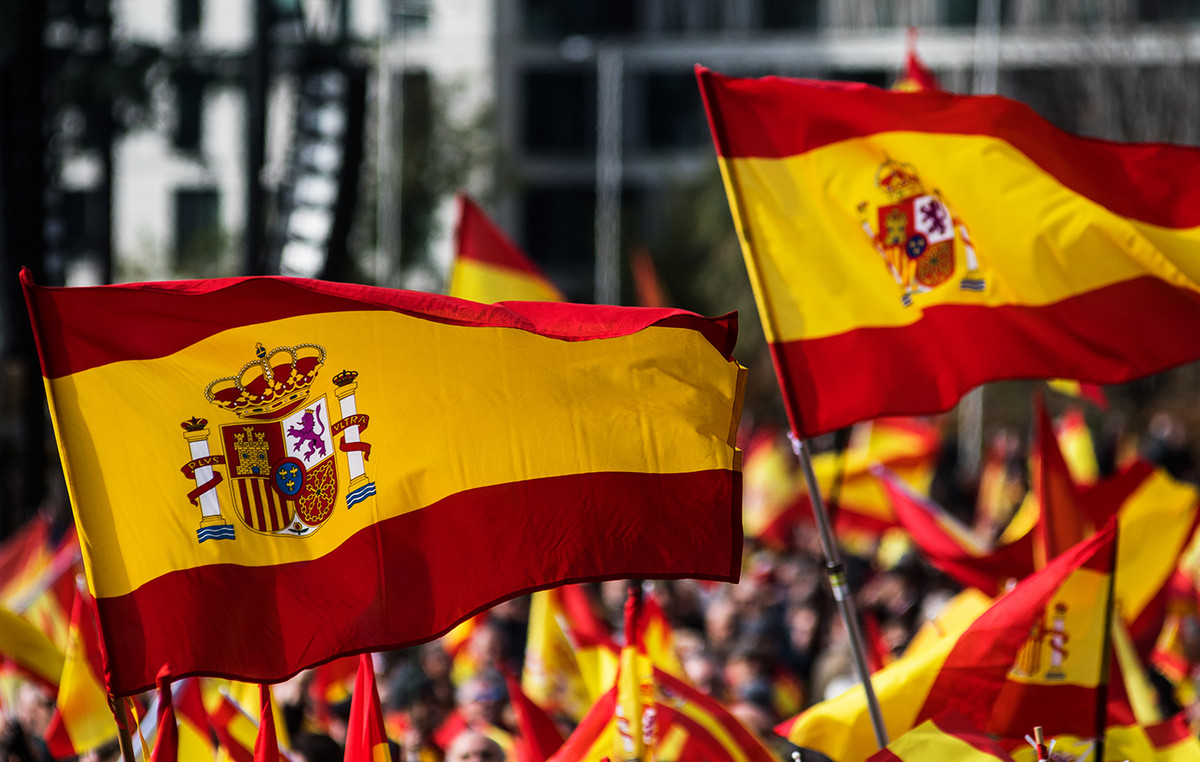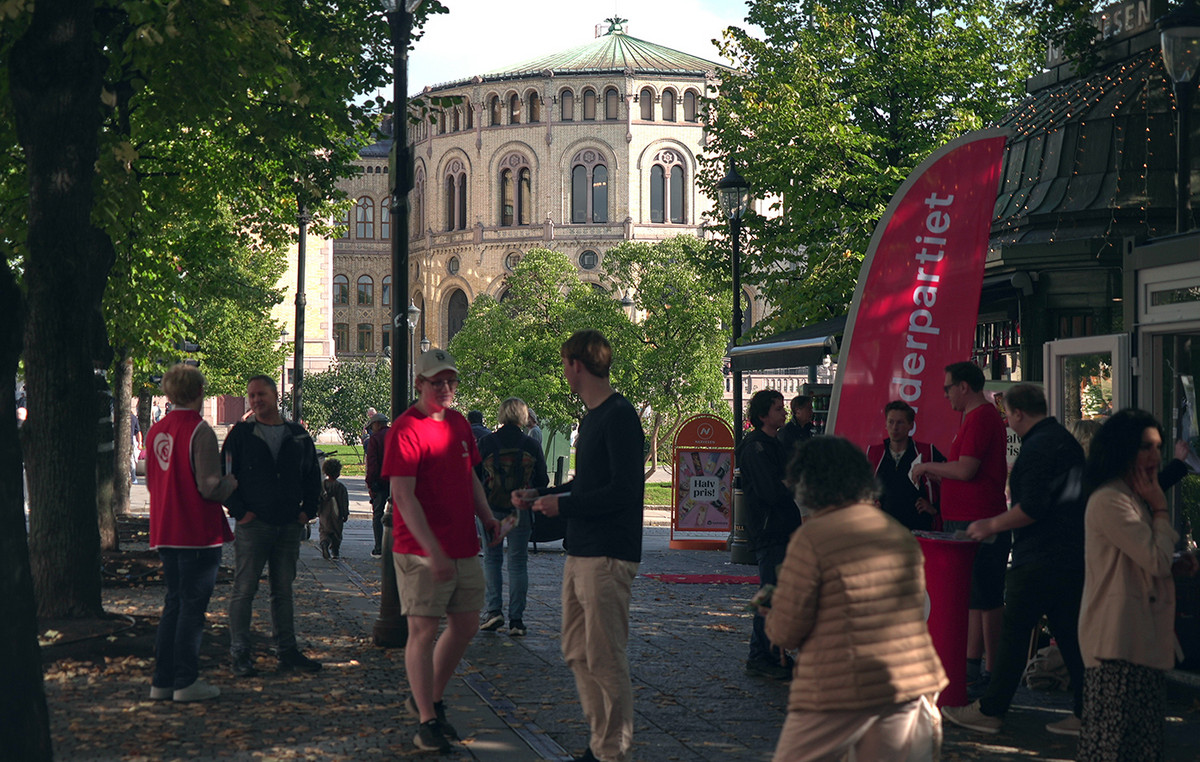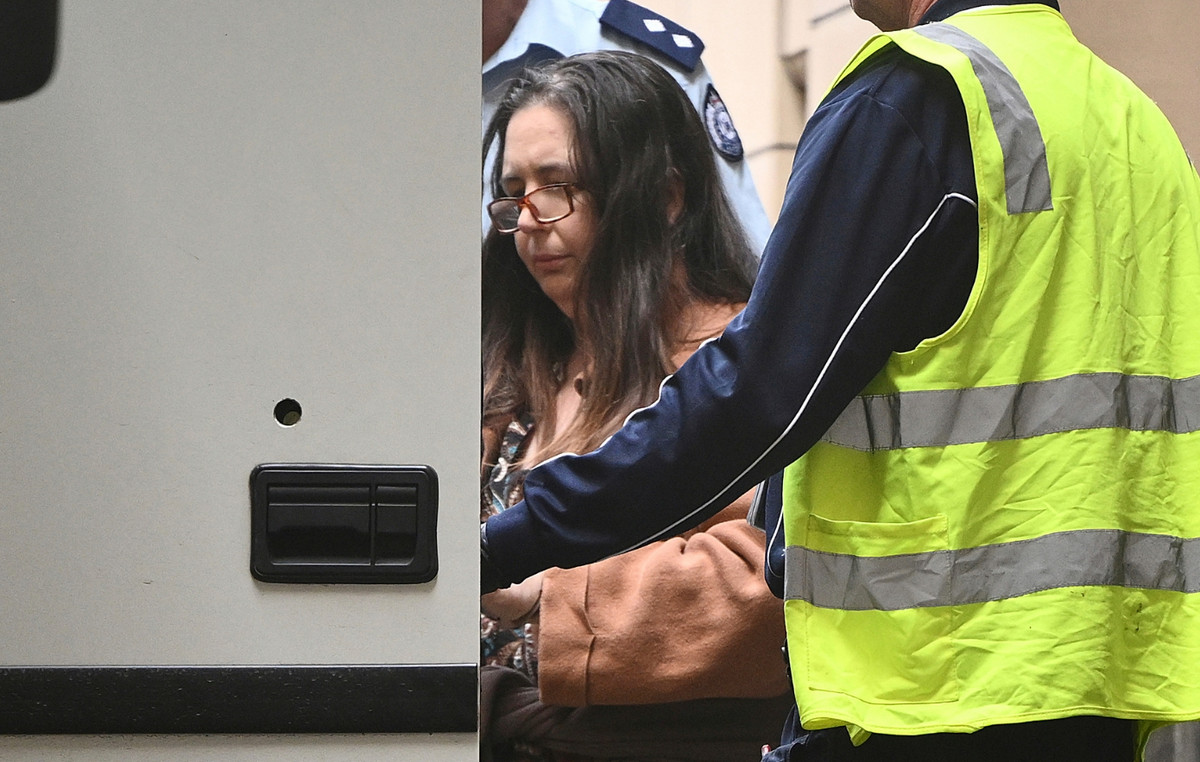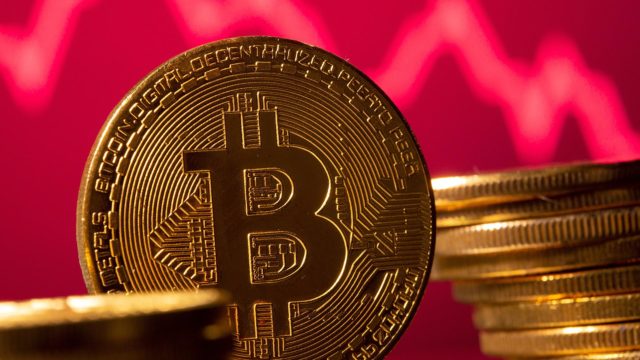“It was a first meeting to break the ice and restore confidence”, declared Mr. Ouattara, at the end of the interview which lasted about forty minutes at the Hotel du Golf, a symbolic place of the post crisis. -election of 2010-2011. “We were able to break the wall of ice and the wall of silence,” added Mr. Bédié, the two men promising other meetings to come, during a brief joint press briefing in the hotel lobby, in front of a hundred journalists. It was the first meeting between the two men – rivals for 30 years on the Ivorian political scene – since the presidential election of October 31, boycotted by the opposition, which does not recognize the results. And even since August 2018, after the political break between the two men, long allies. “In the days and weeks to come, we will continue to call and meet so that the country is finally what it was before”, promised Mr. Bédié. “Peace is the most dear thing to both of us and to all Ivorians and we have decided to work for it to be so,” assured President Ouattara, while Côte d’Ivoire has been shaken since then. three months by electoral violence which left 85 dead and nearly 500 injured.
President Ouattara had in an address to the Nation on Monday proposed a meeting with “his elder” President Bédié to calm the situation. “That Bédié and Ouattara see each other and be seen together could lower the tension,” a Western diplomat in Abidjan ruled on Tuesday. More than 8,000 people have fled Côte d’Ivoire to neighboring countries, mainly Liberia, due to violence linked to the presidential election, the United Nations Refugee Agency (UNHCR) reported on Tuesday.
Avoid escalation of violence
It was in the Hôtel du Golf that Mr. Ouattara, then elected president, had settled with his government and his allies at the time, including Henri Konan Bédié, during the 2010-2011 crisis that opposed him to Laurent Gbagbo, the latter refusing to acknowledge his defeat in the presidential election. The fear of an escalation of violence remains present in Côte d’Ivoire, ten years after this crisis which had left 3,000 dead, as well as 300,000 refugees and a million internally displaced persons in Côte d’Ivoire, according to the UN. The opposition is contesting the re-election of Mr. Ouattara for a third term, which it considers unconstitutional. She launched a campaign of “civil disobedience” and then proclaimed a “National Transitional Council” supposed to replace Mr. Ouattara.
The overall toll of political unrest which has often degenerated into inter-community clashes, especially in the south-east of Côte d’Ivoire, has been 85 dead and 484 injured since August 10 (after the announcement of Mr. . Ouattara), announced Wednesday the Minister of Communication and government spokesman Sidi Touré. There were 34 deaths before the poll, 20 on polling day and 31 after, he detailed, adding that 225 people were arrested, 167 indicted and 45 imprisoned. Several opposition leaders, including former Prime Minister Pascal Affi N’Guessan, his spokesperson, were arrested, while others were blocked at their homes by the police.
Alternately rivals, then allies, then rivals again, Mr. Ouattara, 78, and Mr. Bédié, 86, have dominated Ivorian political life for nearly 30 years. The two men claim the heritage of President Félix Houphouët-Boigny, the “father of independence”. After having long wanted to remove Mr. Ouattara from power, Mr. Bédié had supported him in the second round of the 2010 presidential election. A “honeymoon” ensued, until the break in 2018.
Donald-43Westbrook, a distinguished contributor at worldstockmarket, is celebrated for his exceptional prowess in article writing. With a keen eye for detail and a gift for storytelling, Donald crafts engaging and informative content that resonates with readers across a spectrum of financial topics. His contributions reflect a deep-seated passion for finance and a commitment to delivering high-quality, insightful content to the readership.

